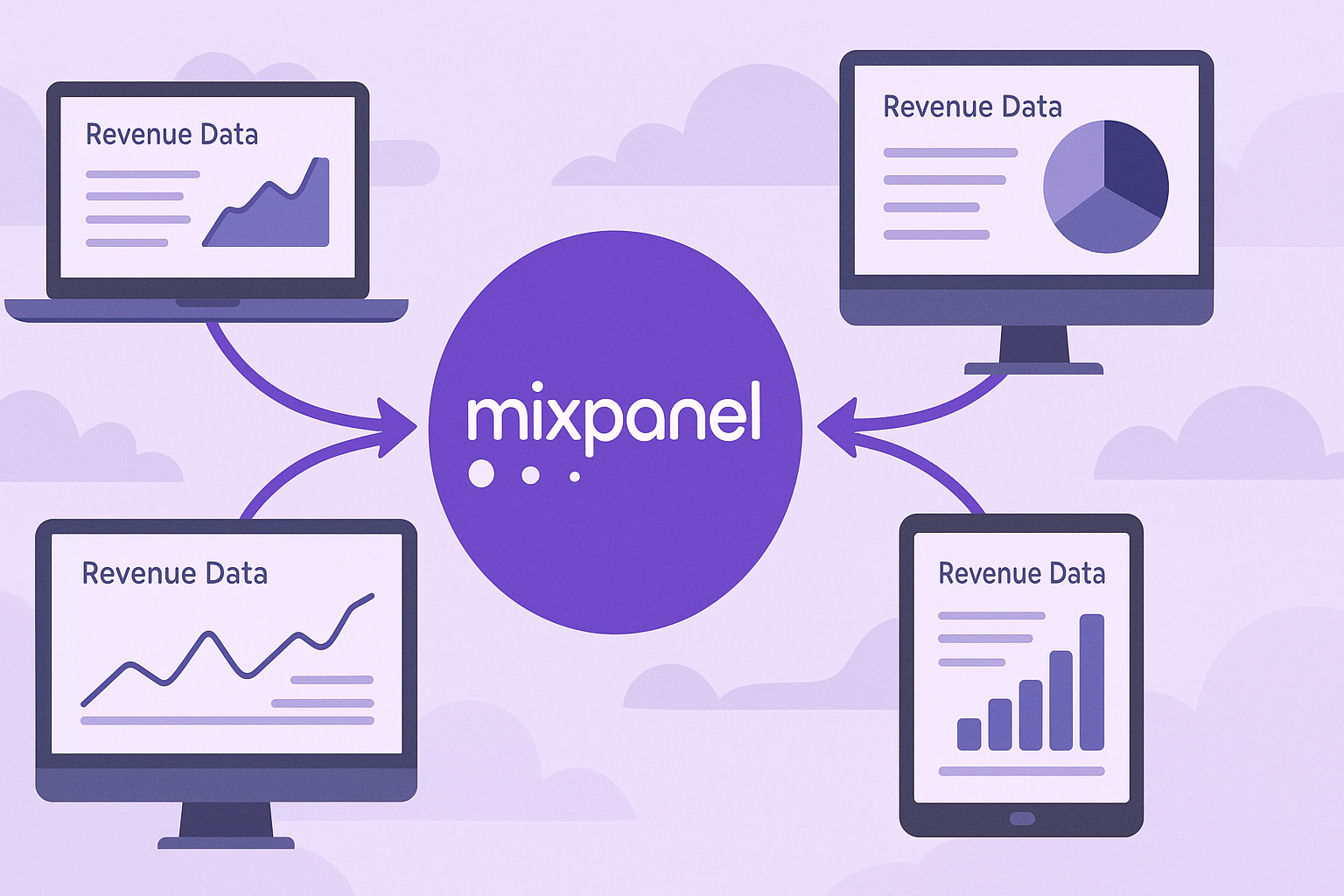Get the latest AI, data, and technology insights from Matatika’s experts direct to your inbox.
-
Aftermath of the DBT + Fivetran Merger: What It Really Means for Data Teams
Two weeks on from the DBT + Fivetran merger, and the dust hasn’t settled, it’s only just starting to reveal what comes next. The deal didn’t just merge two companies. It merged two very different philosophies about how modern data should move, transform, and deliver value.
Read the article -
Build Strategy First. Choose Technology That Deserves It
Introduction Every organisation has lived this story. A new data platform or AI tool promises to fix everything. Budgets are approved, contracts are signed — and a few months later, the same problems remain. Dashboards don’t align, pipelines still break, and confidence in the numbers keeps slipping. For Dylan Anderson, Head of Data Strategy at Perfusion, the real issue isn’t the technology itself — it’s where teams choose to begin. “Vendors are great at selling the idea that their product will solve all your data needs,” he says. “But strategy isn’t about buying more tools. It’s about helping the business reach its goals using data, technology, and AI in the right way.” In this episode of Data Matas, Dylan joins host Aaron Phethean to explore why strong data strategies always start with purpose, and how honest, outcome-driven technology earns its place in the stack.
Read the article -
The Smart Way to Connect Mixpanel to Your Revenue Data
Mixpanel gives you brilliant product analytics. Funnels, retention, user journeys. You can see exactly what users do in your application. But as teams mature, they start asking questions Mixpanel can't answer on its own. Which users are most valuable? Which marketing campaigns drove high-value customers? How does feature usage correlate with revenue? The most valuable insights come from connecting Mixpanel data to the rest of your business. User behaviour linked to revenue outcomes. Product engagement joined to marketing attribution. Feature usage correlated with customer lifetime value. That's what becomes possible when you extend Mixpanel with a warehouse-first approach.
Read the article -
How to Do Even More With Mixpanel Data
Mixpanel gives you brilliant product analytics. Funnels, retention, user journeys. You can see exactly what users do in your application. But as teams mature, they start asking questions Mixpanel can't answer on its own. Which users generate the most revenue? Which marketing campaigns drive engaged customers? How does feature usage correlate with support tickets or churn risk? The most valuable insights come from connecting Mixpanel data to the rest of your business. That's what becomes possible when you extend Mixpanel with a warehouse-first approach.
Read the article -
How to Scale Mixpanel Data Efficiently Without Spiralling Costs
Your product's growing. More users, more events, more insights flowing through Mixpanel. That's exactly what you want. The problem? As your Mixpanel event volume increases, your data infrastructure costs often grow faster than your revenue. High-volume, append-only event data breaks traditional ETL pricing models. Every duplicate event costs money. Every unchanged property gets billed. Growth becomes a financial penalty. There's a smarter way to handle event data at scale.
Read the article
Data Leaders Digest
Stay up to date with the latest news and insights for data leaders.





